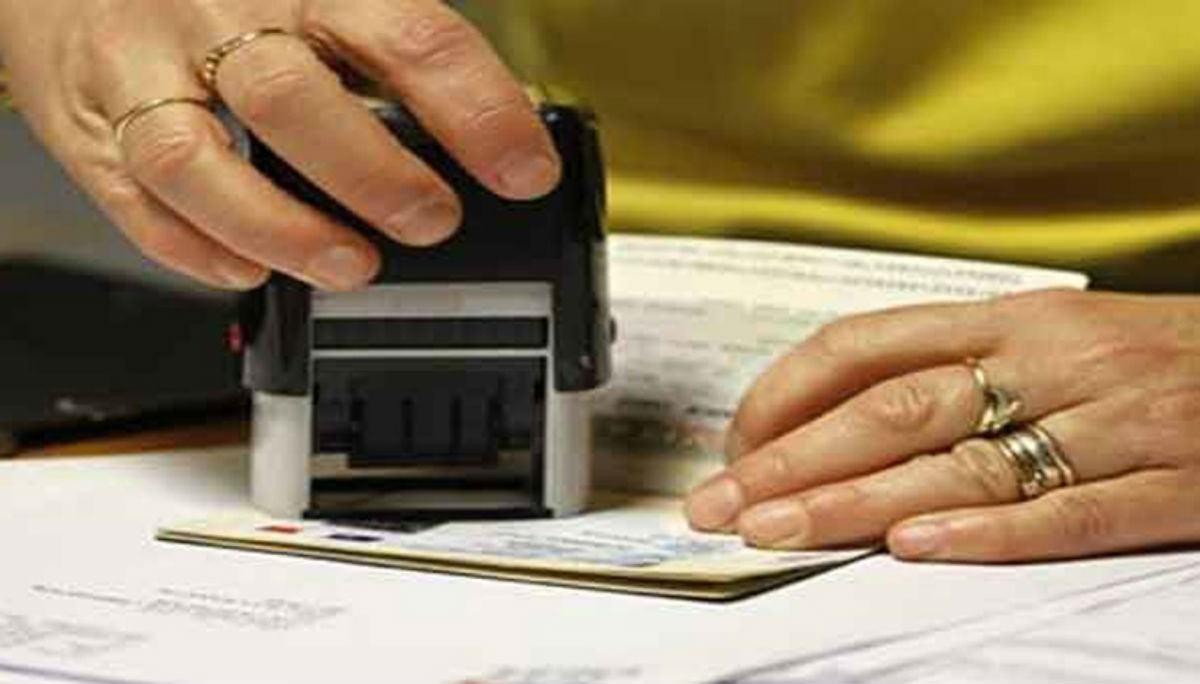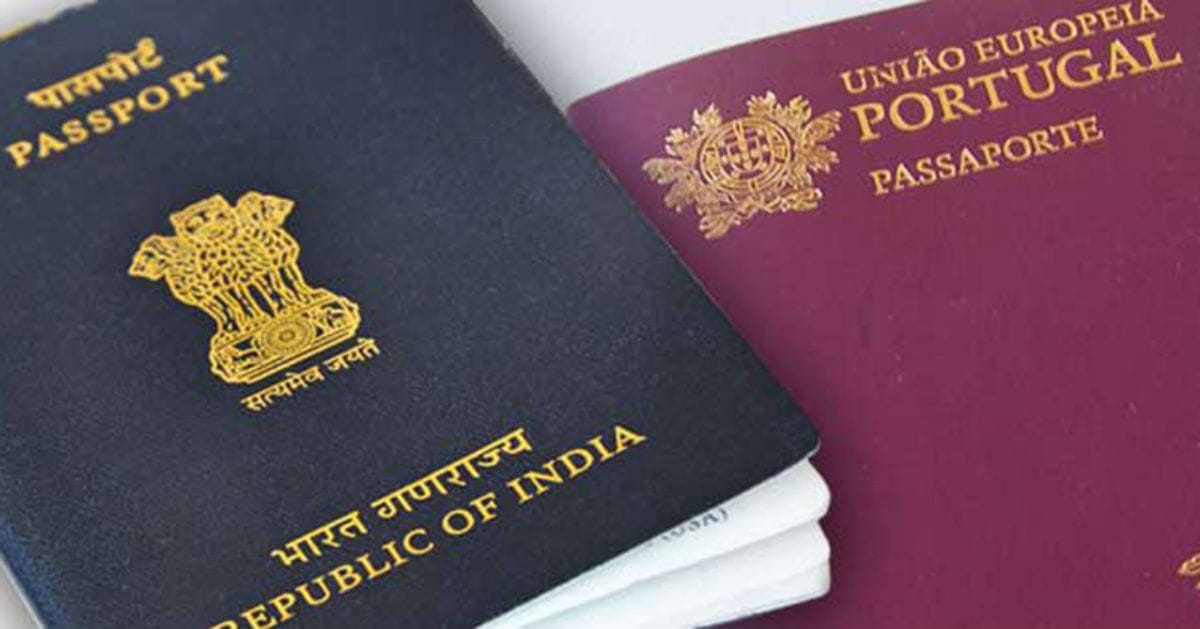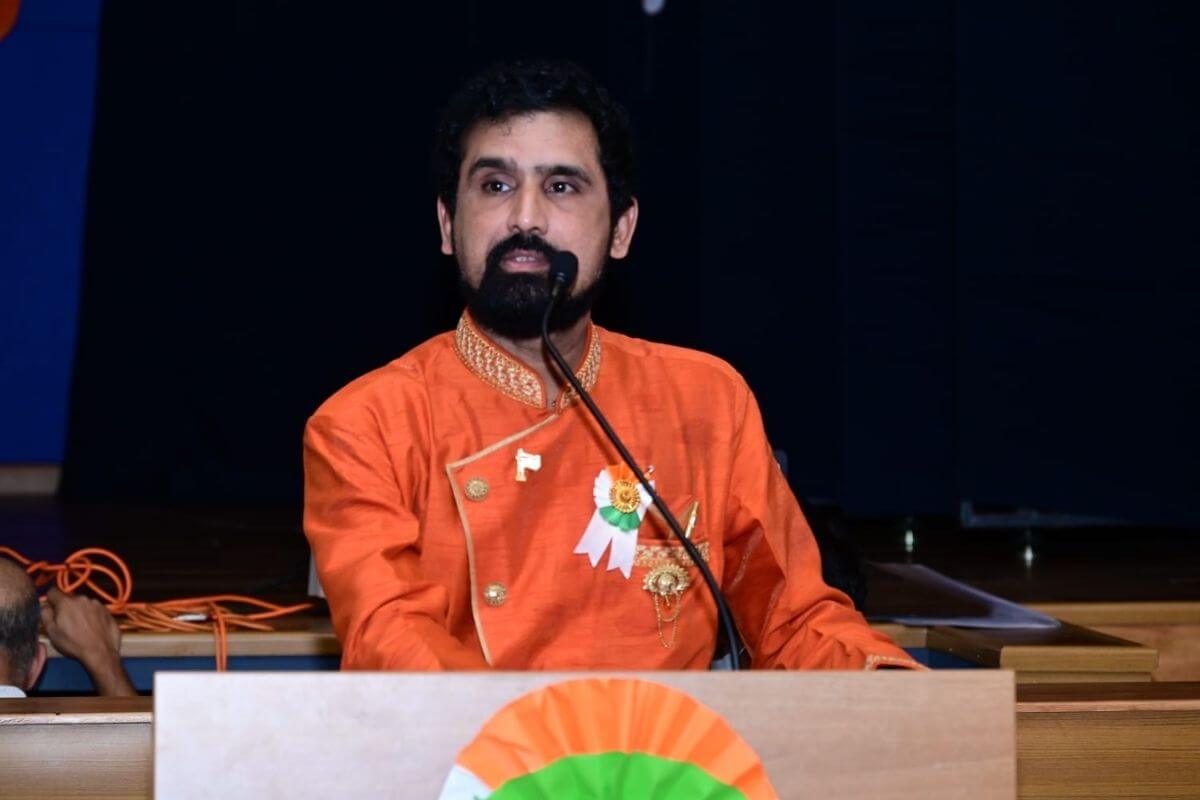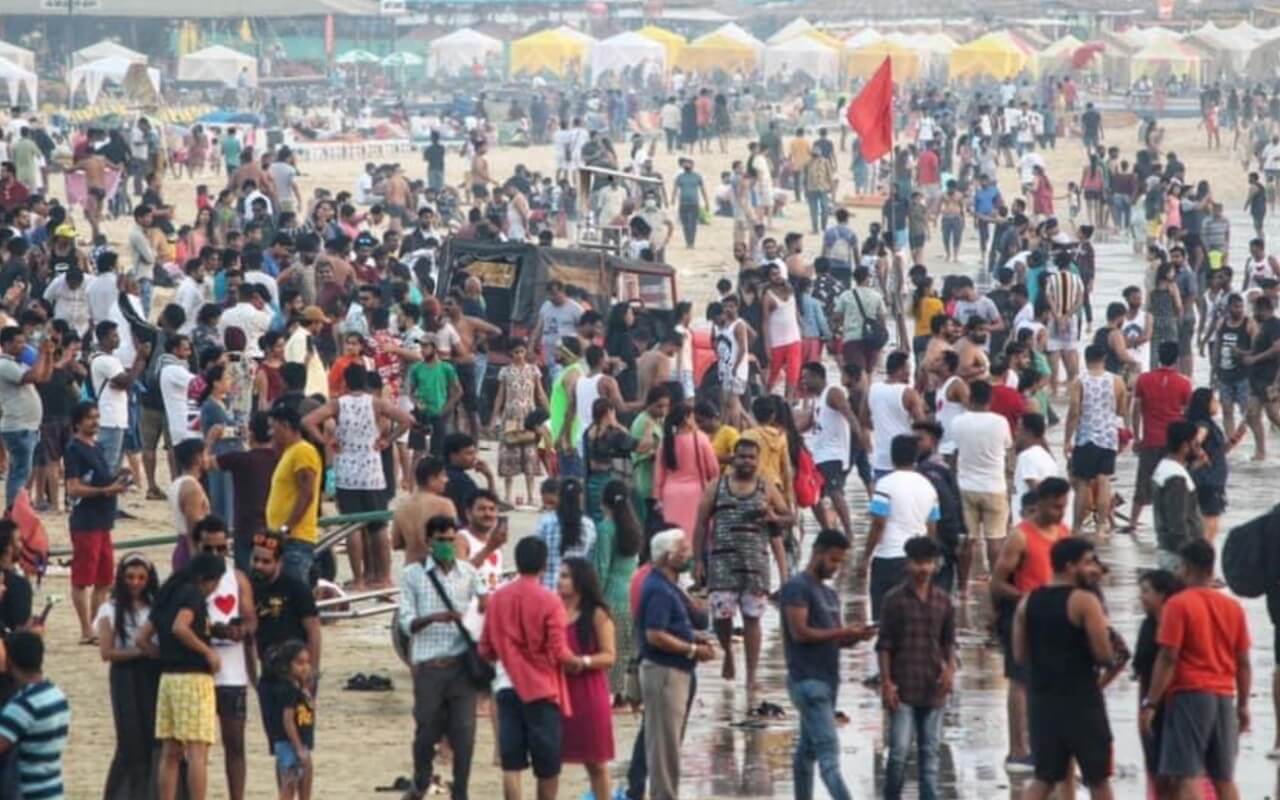Dual citizenship issue is the most controversial issue that presently every Goan is facing. Everybody is confused about this term. Is the dual citizenship allowed in the Indian constitution? Or there is a special provision only for Goans? How many Goans really hold Portuguese passport? Do all of them lose their Indian citizenship due to that? The questions are endless and speculations are many. In this article, we are trying to put across the facts and figures so that you can decide what is right and what is not. Here are some most important points put across by the Goa’s renowned senior lawyer Advocate Radharao Gracious which will put more light on this issue.
The issue of dual citizenship came up first time when the former CM of Goa and current defence Minister Mr Manohar Parrikar brought this issue to the notice of central home ministry claiming that more than 400,000 people are having registered their birth in the Lisbon and many of them carry “Bill of Identity” which makes them a dual citizen.
What is dual citizenship is all about? According to the sources, the registration of birth in Portugal before and after the liberation of Goa with the BI (Bill of Identity) is considered as dual citizenship.
According to the article written by the senior advocate Radharao Gracias in which he made the claim saying that earlier he believed in the fact that, Goans whose births are registered in Portugal may lose their citizenship in India but later on his perspectives have completely changed.
In his new findings, he gave the reference of the Sec. 7 of the Indian Citizenship Act. 1955 read with Citizenship Order dated 28-03-1962 “If any territory becomes a part of India, the Central Govt., may by order notified in the Official Gazette, specify the persons who shall be citizens of India by reason of their connection with that territory; and those persons shall be citizens of India as from the date to be specified in the order” And Order dated 28.3.1962 says that “Every person who or either of whose parents or any of whose grandparents was born before the twentieth day of December 1961, in the territories now comprised in the union territory of Goa, Daman, and Diu, shall be deemed to have become a citizen of India on that day.”
In this order, there was a provision by which one could easily opt out of Indian citizenship by way of making the declaration by choosing to retain the nationality which he had before the Portuguese left Goa in 1961.
According to Adv. Radharao, Goans were bestowed with Indian citizenship by the order dated 28-03-1962 while their earlier citizenship (prior to December 20th, 1961) not terminated by the new government which effectively makes all the Goans a dual national.
Although the above subject is a matter of debate and can be challenged till time Indian government makes an amendment in the citizenship law the existing law prevails. With the above explanation, Goans are free to opt out of their Indian nationality if they feel so and with the help of favour conferred on them by Portuguese before leaving India.

According to Advocate Radharao, there is no provision of barring the dual nationality in the Constitution of India or the Citizenship Act. 1955, however the article 9of the India Constitution says that “No person shall be a citizen of India by virtue of article 5, or be deemed to be a citizen of India by virtue of article 6 or article 8, if he has voluntarily acquired the citizenship of any foreign State” with this provision in place, if one enjoys the citizenship of India and later acquires the foreign nationality loses his Indian nationality under the provision of article 9.
With the above explanation Advocate, Radharao puts his point across stating that Goans were Portuguese nationals prior to 19-02-1961 and continues to be a Portuguese national under the law of that country and hence they do not come under the purview of Article 9 as they have been Portuguese nationals by birth.
According to Advocate Radharao, Goans have been Portuguese citizens by birth (not by acquisition) before the Indian citizenship was conferred on them and hence “It, therefore, cannot be said that Goans have voluntarily acquired citizenship of a foreign State,” claims Advocate Radharao.
“It is another way round,” says Advocate Radharao adding that “Goans born before 20-12-1961 have automatically become the citizen of Portugal and on the contrary, it was the Indian citizenship that had been conferred on them despite the fact that Goans continue to be citizens of Portugal.”
Another reason as why the dual citizenship of the Goans cannot be disputed is the treaty between Portugal and India which was signed on 14-03-1975 based on which the Indian sovereignty was confirmed over Goa but India did not raise any objection on the subject of Goans continued to be recognized as citizens of Portugal, thus implying that the dual citizenship of Goans has not been disputed.
Another point that was raised by Advocate Radharao here is a misconception that is prevailing in the people which says that Goans who have entered their births in the Central Registry of Births in Portugal are applying for Portuguese citizenship but to the contrary the Goans who are already a Portuguese citizens by birth exercise their right to transcribe their names in the Central Registry. According to him, the similar provision exists in the Registration of Births & Deaths Act, 1969 in India, wherein under Sec.20(2) children of Indian parents born abroad are allowed to transcribe their births in India on the family’s return.

Finally, according to Advocate Radharao, Goans who have obtained the Portuguese Citizenship under Sec. 7 of that country’s law will lose their Indian citizenship under Article 9 of the Indian Constitution but those who merely transcribed their births in Central Registry of Births in Portugal will not lose their Indian Citizenship.
Had Goans to apply for Portuguese nationality, they would have to proceed under Art.7 of the Organic Law which deals with naturalization. In other words, any Goan who obtains Portuguese Citizenship under Sec.7 of that Country’s law tends to lose Indian Citizenship under Art.9 of the Constitution. But those who merely transcribe their births in the Central Registry of Births in Portugal will not lose their citizenship. “According to me, Goans seem to be in the unique position in India and enjoying the benefits of dual nationality,” claims Advocate Gracias.
Going with all the legal points that have been raised by Advocate Radharao Gracias it confirms that Goans are dual nationals and they are the only people in India who are enjoying these benefits.
Although Government of India is disputing this fact and the government formed an Inter-Ministerial Committee headed by the additional secretary in the home ministry of India Mr B K Prasad who recommended the issue of dual citizenship should be decided as per the Indian Citizenship Act 1955 and Citizenship rules 2009. It has recommended setting up a designated authority to examine each case, as per Indian laws.
Finally, this remains the matter of legal debate over the period of time till one such document comes up in the favour of dual citizenship signed by the Indian government till the time no one can stop Goans to remain dual citizens. Please do share your valuable suggestions and comments on this issue.
Note: The article was first published in Goa Prism and same has been reproduced through the feed syndication for republication here.
Discover more from Incredible Goa
Subscribe to get the latest posts sent to your email.



























